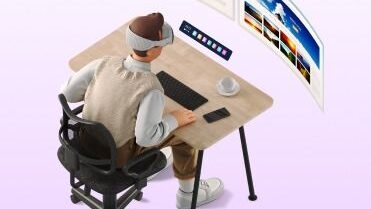Computer simulation era is all around us, from the weather forecast for your phone to the thrilling rides at an entertainment park. But what exactly is it, and the way does it work?
In simple terms, laptop simulation is using effective computers to create digital fashions of real-world structures or processes. These models mimic the conduct of the actual gadget, the usage of complex mathematical equations and software applications.
Building on our expertise of laptop simulation generation, permit’s explore some superior ideas and delve into even more fascinating applications.
Types of Computer Simulations
- Deterministic vs. Stochastic Simulations: Deterministic simulations produce the equal final results every time they are run with the same preliminary conditions. Stochastic simulations, alternatively, introduce randomness to model real-international variability.
(Ex: Simulating a coin toss is deterministic, whilst simulating weather patterns is stochastic)
- Discrete vs. Continuous Simulations: Discrete simulations version systems that exchange state at precise points in time. Continuous simulation version structures that change continuously over time.
(Ex: Simulating a traffic light changing colors is discrete, at the same time as simulating the glide of water in a pipe is continuous)
- Agent-Based Simulations: These simulations version character entities (sellers) that have interaction with each other and their environment. This permits reading complicated systems with emergent conduct, where the whole is more than the sum of its elements.
(Ex: Simulating the unfold of a rumor through a social network)
Advanced Techniques in Computer Simulation
- Machine Learning: Machine mastering algorithms can be used to create more complex and correct models for simulations. This permits for simulations to adapt and analyze from information, mainly to more sensible outcomes.

- High-Performance Computing (HPC): Running complex simulations regularly requires great computational power. HPC clusters and cloud computing provide the essential resources to tackle those disturbing tasks.

- Virtual Reality (VR) and Augmented Reality (AR): VR and AR can be integrated with simulations to create immersive experiences for schooling, design, and data visualization. (Ex: Using VR to educate pilots on how to deal with emergency conditions)
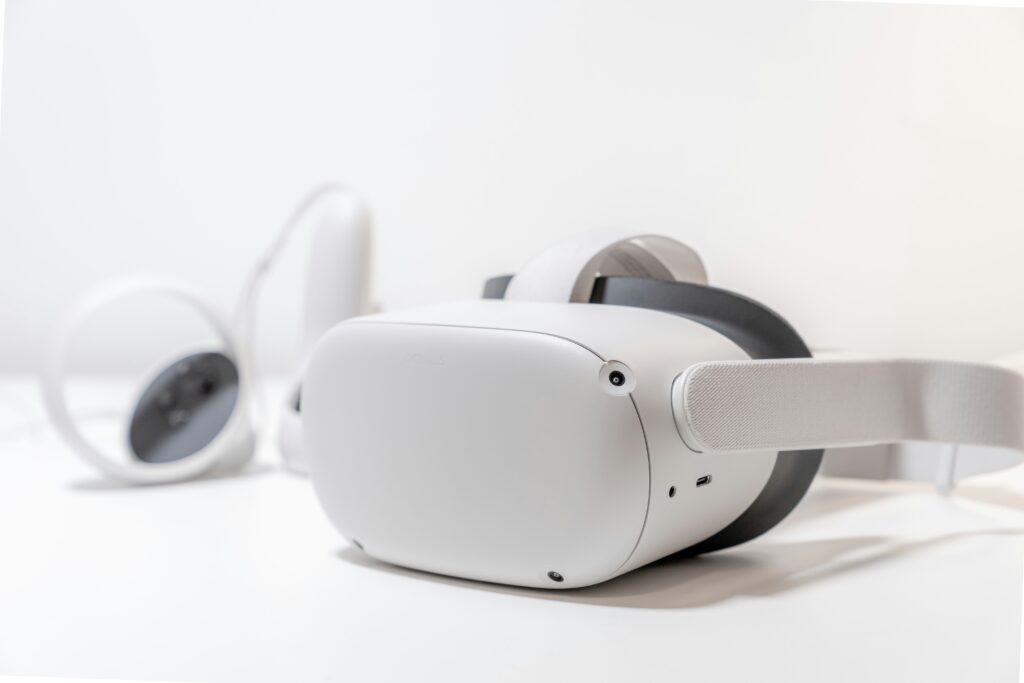
Emerging Applications of Computer Simulation Technology
- Urban Planning: Simulations may be used to version visitors glide, energy intake, and public safety in cities, supporting the layout of sustainable and efficient city environments.
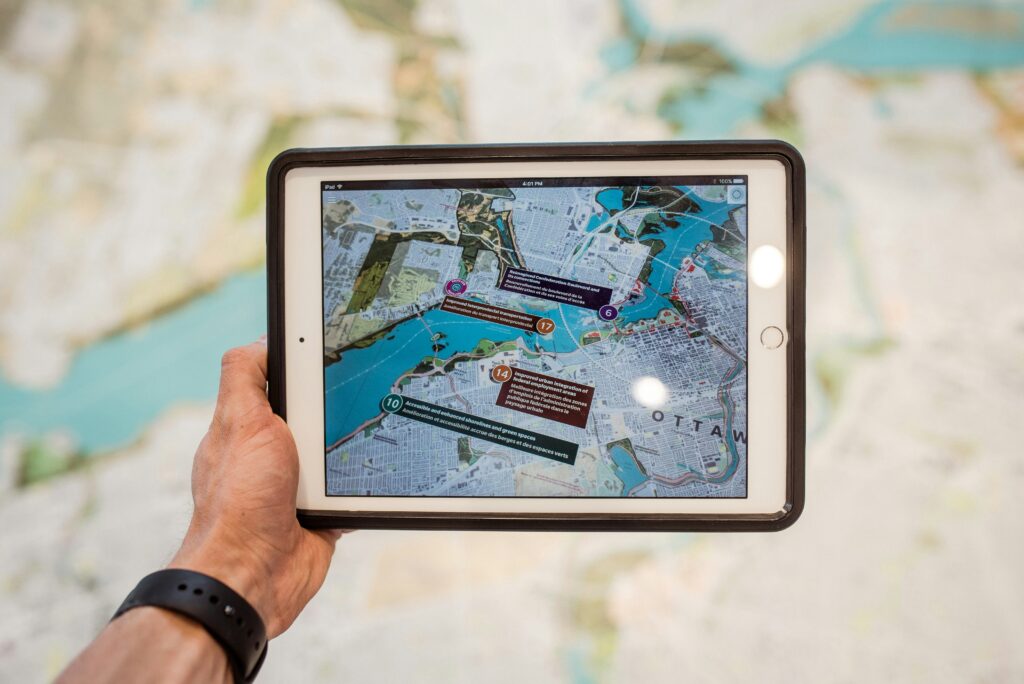
- Artificial Intelligence (AI) Development: Simulations can be used to teach and take a look at AI structures in controlled environments, accelerating their development and making sure their safety and effectiveness.
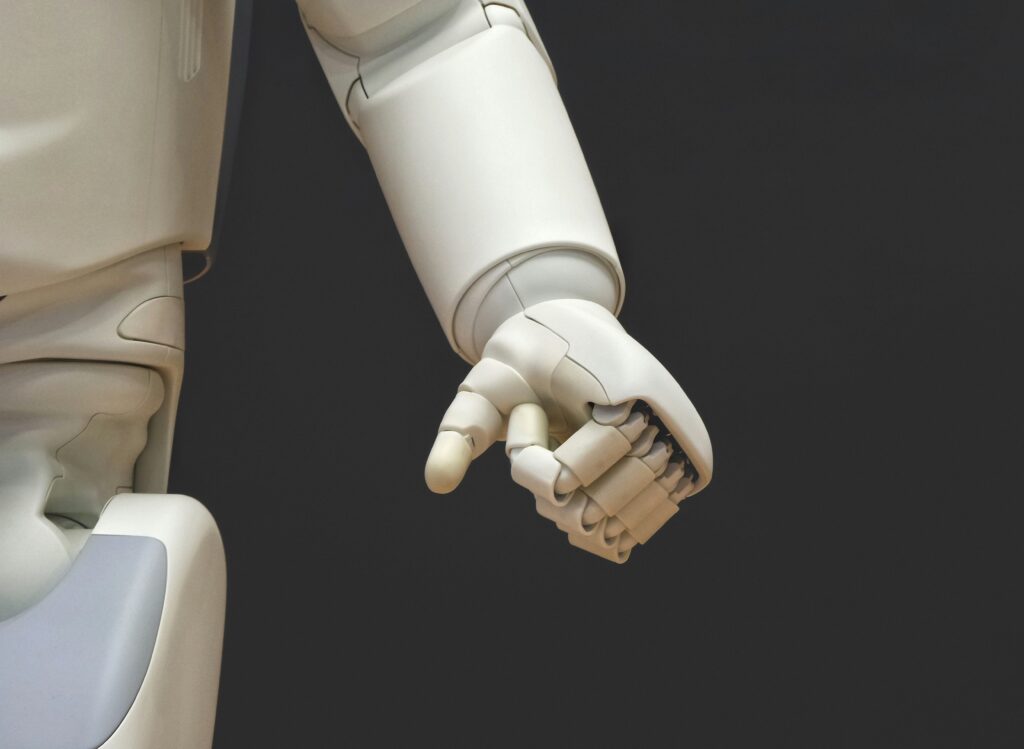
- Material Science: Simulations may be used to expand new substances with unique residences, leading to improvements in fields like medication, electronics, and aerospace engineering.

- Climate Change Mitigation: Simulations may be used to version the impact of various weather change mitigation techniques, assisting us make informed decisions approximately the destiny of our planet.
Why Use Computer Simulations?
The beauty of computer simulations lies in their capability to explore scenarios that might be hard, luxurious, or maybe dangerous to test with in the actual world. Here are a few key blessings:
- Testing and optimization: Simulations allow engineers to test new designs for buildings, airplanes, or maybe pills earlier than physically constructing them. This enables identifying and attaching ability troubles early on, saving time and money.
- Predicting consequences: From weather forecasting to weather trade models, simulations can expect the conduct of complex systems over time. This helps us make informed choices about destiny.
- Training and education: Flight simulators and surgical training applications use simulations to provide secure and sensible education environments.
- Understanding complex structures: Scientists use simulations to model the whole lot from the spread of illnesses to the evolution of galaxies, supporting us to benefit from insights into the herbal international.
How Do Computer Simulations Work?
| Step | Description |
| Model Building | Create a mathematical model representing the real-world system (physics, chemistry, human behavior). |
| Programming the Simulation | Translate the mathematical model into a computer program. |
| Running the Simulation | Execute the program to simulate the system’s behavior over time and collect data. |
| Analyzing the Results | Analyze the data to understand the system’s potential behavior in the real world. |
Real-World Applications of Computer Simulation Technology
Computer simulation has revolutionized various fields:
- Engineering: Simulations are used to design the whole thing from cars and airplanes to bridges and homes. (Ex: Simulating the stress on a new bridge design underneath heavy visitors)

- Science: Scientists use simulations to version weather patterns, are expecting weather exchange, and have a look at the behavior of molecules and atoms. (Ex: Simulating the unfold of a new virus to understand its impact)

- Medicine: Doctors use simulations to exercise surgical procedures and test the effectiveness of new pills. (Ex: Simulating a complicated surgical procedure to refine the technique earlier than running on a affected person)

- Business: Businesses use simulations to v.ersion market trends, optimize delivery chains, and increase advertising strategies. (Ex: Simulating the effect of a new product release on customer demand)
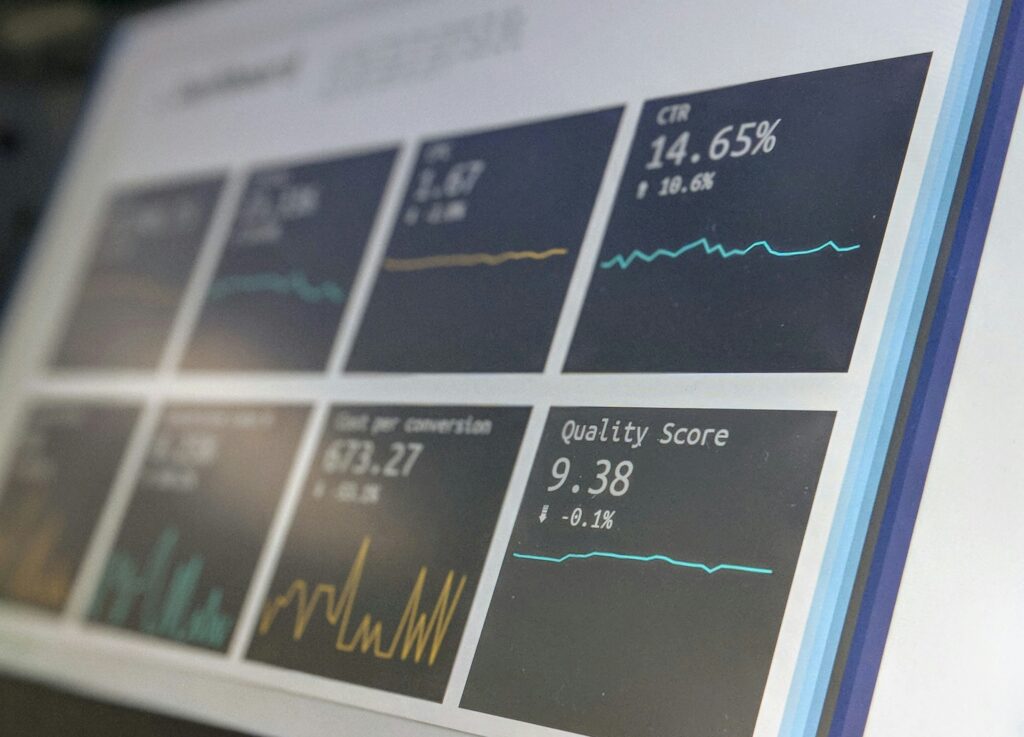
- Entertainment: Video games and movies often rely on pc simulations to create sensible snap shots and computer graphics. (Ex: Simulating the physics of car crashes for a film scene)

The Future of Computer Simulation
As computing energy keeps on increasing and new technology emerges, laptop simulation is poised to play a fair extra sizable role in various fields. We can anticipate to peer simulations emerge as:
- More Sophisticated: With improvements in AI and system gaining knowledge of, simulations will become greater complex and facts-driven, leading to even more correct predictions.
- More Accessible: Cloud computing and consumer-pleasant interfaces will make the simulation era more accessible to a wider range of customers, from researchers to agencies.
- More Integrated: Simulations become more and more included with other technology like VR, AR, and the Internet of Things (IoT), developing an effective new paradigm for selection-making and innovation.
FAQs
Are laptop simulations actual?
No, laptop simulations themselves aren’t real. They are virtual representations of real-international systems. However, the information and insights gained from simulations may be very real and may be used to improve actual-world effects.
What are the constraints of computer simulations?
Computer simulations are constrained by means of the accuracy of the underlying mathematical fashions and the computing power available. Additionally, simulations may not account for each feasible variable in an actual-world situation.
What is the distinction among simulation and modeling?
A version is a simplified illustration of a machine, whilst a simulation is the system of the usage of that model to dynamically explore the system’s conduct through the years. You can think of a version as a blueprint, and the simulation as the construction and testing of the building primarily based on that blueprint.
Conclusion
Computer simulation era is an effective tool that is reworking many components of our international system. By developing virtual models of actual-international structures, we can take advantage of valuable insights, take a look at new ideas, and make better decisions.
As computing energy continues to develop, we will count on even more state-of-the-art simulations to emerge, shaping our destiny in exciting approaches.
